Fan culture has seen a rise in people camping outside venues for days before concerts in attempts to secure desired front-row spots.
Venues around London have thoroughly discouraged the behaviour, recommending fans show up on the day of the event.
Common concerns with camping culture include the safety of young fans and people frequently giving up their regular commitments, including school or work.
Zoe Erkamp, 19, a frequent concertgoer, told the Londoners: “I had a minimum of two experiences that both felt unsafe, and both were to do with homeless people trying to steal from us.”
Some of the most popular artists, including Taylor Swift, Harry Styles and Billie Eilish, have experienced this phenomenon to extreme levels at London venues such as Wembley Stadium and The O2 Arena.
Noah Gregory, 18, a Taylor Swift fan, said: “I decided to camp out because Taylor has been my favourite singer for years.
“I knew I would want to be as close to the stage as possible, as I have dreamed of seeing her live for years.”
However, it appears that fans have conflicting views on why they decide to camp, often blaming others for starting the trend.
Jaleesa Lente, 19, a fan of the Irish rock band Inhaler, said: “I was staying near the venue and walked past every few hours and suddenly saw there were around 20 people there, so my friend and I joined in.”
Helin, 19, a Harry Styles fan, added: “At the time, it wasn’t that much of a big deal to me because it was so normalised for Harry Styles’ recent tour.”
Almost all those interviewed mentioned they decided to camp out because of the pre-existing culture started by other fans, but few of them were able to identify where this originated from.
In discussing the camping experience, many fans find out when a queue has been started via X, formerly Twitter, where subcultures for individual artists bring fans together.
Sanne Boere, 22, a K-Pop fan, said: “Your experience heavily depends on the type of artist you are going to see.
“K-Pop artists’ queues are, in my experience, much more organised, such as through regular check-ins at given times, to allow people to rest and shower.
“For western artists, it is always much more chaotic.”
Zoe Erkamp, 19, said she has to ‘mentally and physically prepare’ before taking on a camping trip for a concert, adding she is usually okay with it and loves the experience.
Leja Beckmann, 20, a fan of the Australian pop band 5 Seconds of Summer, said: “It is a fun time, being with people who love the same things as you, finding multiple ways to pass time, such as playing card games or talking about the artist(s).”
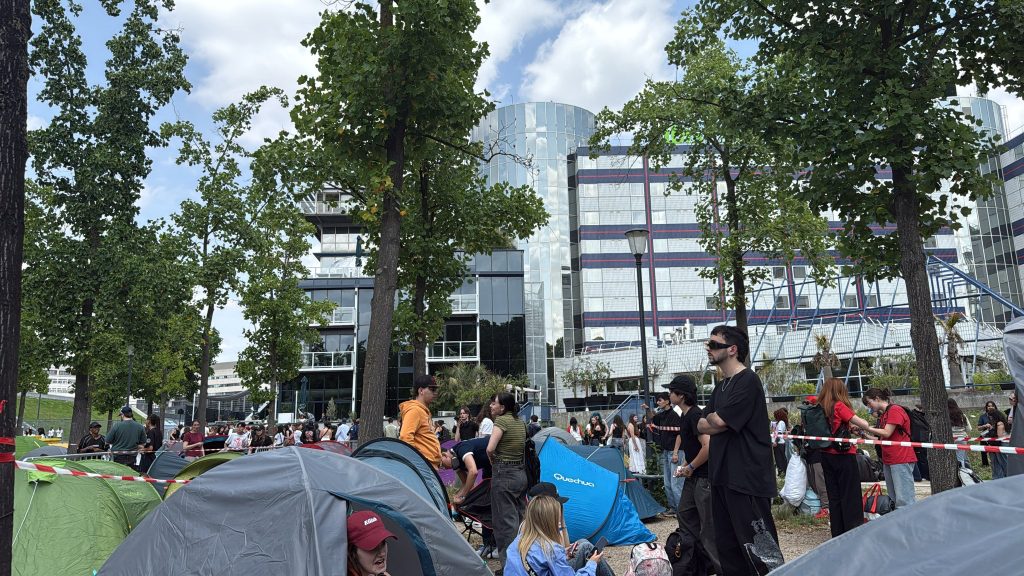
Wembley Stadium has responded to the Londoners with its guidance for camping.
A spokesperson said: “Early queuing for our events is available, but overnight camping is not allowed.
“Wembley Stadium is situated in a residential area, and we kindly ask people to avoid disruption to the local residents and businesses.
“Everyone with a ticket will have plenty of time to enter the stadium before the show starts.”
A representative added that ‘this differs for different artists’, but that ‘everyone is always looked after’.
Many fans claim they have never felt unsafe while camping for shows due to being in safe areas or being surrounded by other people.
The majority of fans describe the once-in-a-lifetime experience of seeing their favourite artist up close to be the main factor that motivates them to camp out.
Laetitia Dewachter, 24, a fan of alternative band The 1975, described that though she ‘felt tired and emotional’ after the show, getting a guitar pick from one of the band members after getting her dream barricade spot made it worth it.
Regarding access, including who gets the time to camp out, many cite their flexible jobs or still being in education.
Ruby Ruggieri, 19, an Inhaler fan, said: “I travelled for the show, so I knew I had to give up a few days of work to be there, but other people and I worked on schoolwork while in line.”
Intensive fan culture has reappeared numerous times in the past decades, such as through BeatleMania in the 1960s, the One Direction fandom in the mid-2010s, and the phenomenon of K-pop in Western countries from 2020 onwards.
Many have argued the boom of camping culture makes concerts increasingly inaccessible for the average fan with regular commitments who cannot be there days before.
Erkamp said: “Planning your time well is crucial. If I can sort out my working hours, I will take the time off just in case a queue starts early and I want a spot near the front, since I’m not that tall and some stages are not very high up either.”
Even with safety and hygiene concerns on the radar, music fans have not given up, and it is evident that this is becoming the new norm for fandoms.
Featured image credit: Pau Fraile
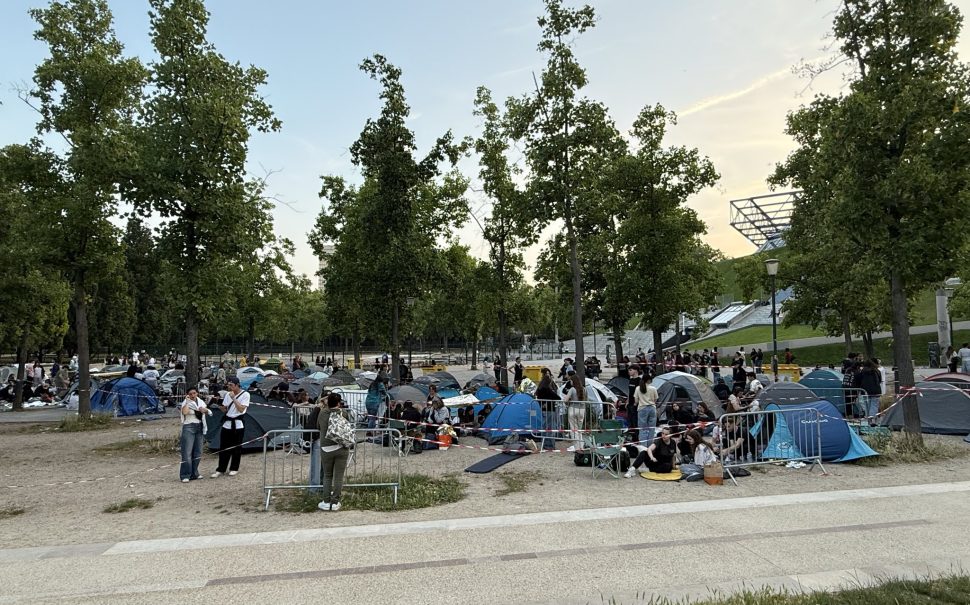
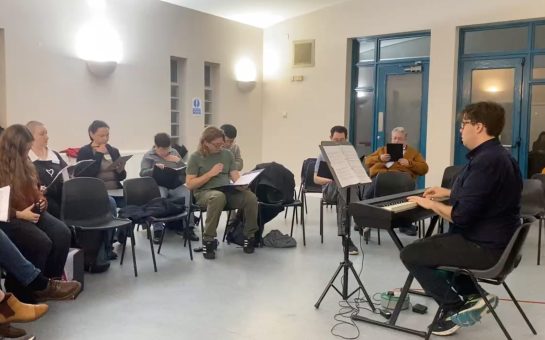
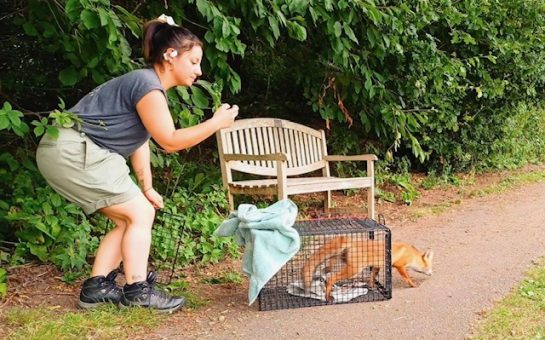
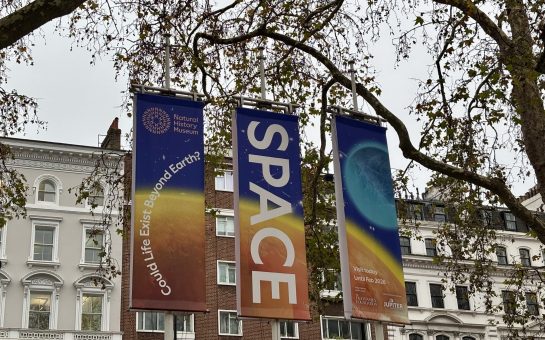
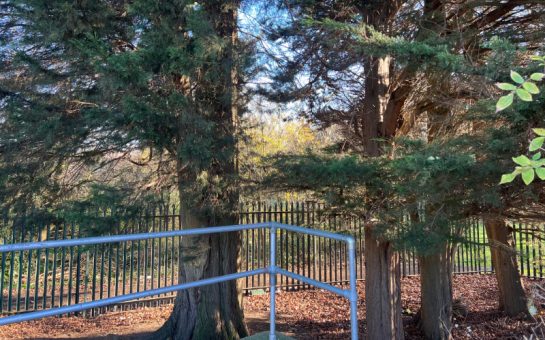
Join the discussion